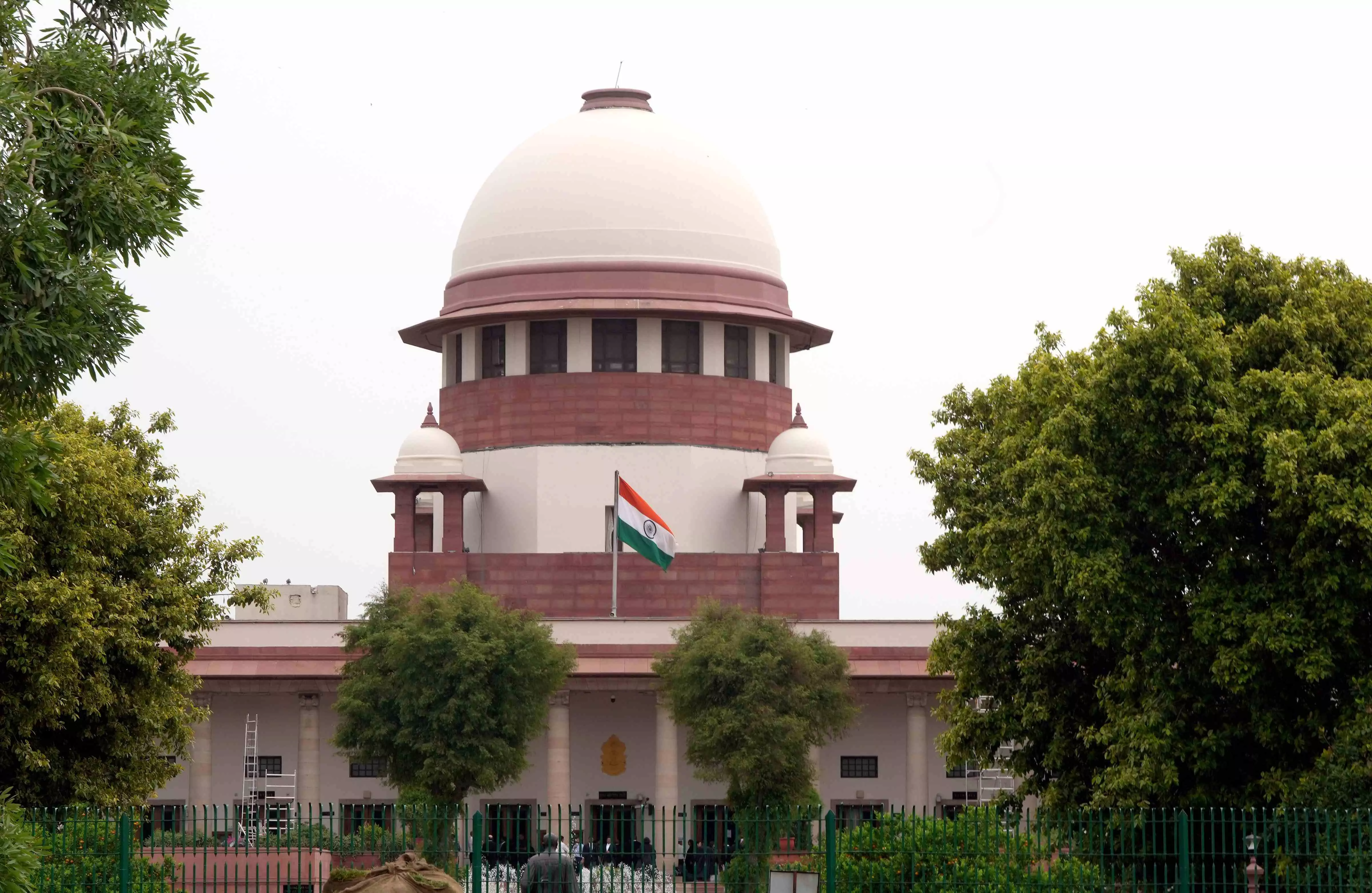Delay in assent to bills: Centre opposes in SC Kerala's stand to withdraw plea against Guv

New Delhi: The Supreme Court on Monday adjourned to July 25 the pleas of the Kerala government against Governor over the delay in approving bills passed by the state assembly. A bench of Justices P S Narasimha and A S Chandurkar deferred the matter after attorney general R Venkataramani sought time.
Senior advocate K K Venugopal, appearing for the Kerala government, sought to withdraw the plea saying that the issue had become infructuous in view of the recent judgment passed in the Tamil Nadu Governor case. Venkataramani and solicitor general Tushar Mehta opposed the submission and urged the court to await the top court's decision on the reference of President under Article 143 of the Constitution over the grant of assent to bills. Mehta said the Kerala government's petition could also be referred to be tagged along with the presidential reference.
Calling it strange , Venugopal asked how could his plea be opposed. "Why my lords are hesitant for the state to withdraw the petition? There has to be some rationale..this only means both parties will charge money," he said. The bench then remarked, "We will make it very clear, tentatively there can't be an objection to withdraw." The matter was then posted on July 25. On April 22, the top court said it would examine whether the recent judgement on a plea of Tamil Nadu, fixing timelines for the grant of assent to bills, covered the issues raised by the Kerala government in its pleas. Acting on a plea of Tamil Nadu government, an apex court bench on April 8 set aside the reservation of the 10 bills for President's consideration in the second round holding it as illegal, erroneous in law. The bench, for the first time, also prescribed a time limit for President to decide on the bills reserved for her consideration by Governor. It set a three-month timeframe from the date on which such reference was received.
Kerala sought similar directions in its petition. In 2023, the top court expressed displeasure over then Kerala Governor Arif Mohammed Khan "sitting" for two years on bills passed by the state legislature. Khan is currently Governor of Bihar. The top court, on July 26, last year, agreed to consider the plea of opposition-ruled Kerala alleging the denial of assent to bills passed by the legislative assembly. The Kerala government alleged that Khan referred certain bills to President Droupadi Murmu and those were yet to be cleared. Taking note of the pleas, the top court issued notices to the Union Ministry of Home Affairs and the secretaries of Kerala Governor. The state said its plea related to the acts of Governor in reserving seven bills, which he was required to deal with himself, to the President. Not one of the seven bills had anything to do with Centre-state relations, it argued.
The bills were pending with the Governor for as long as two years and his action "subverted" the functioning of the state legislature, rendering its very existence "ineffective and otiose", the state added. "The bills include public interest bills that are for the public good, and even these have been rendered ineffective by the Governor not dealing with each one of them 'as soon as possible', as required by the proviso to Article 200," the plea said. The state government had said the home ministry informed it that President had withheld assent to four of the seven bills -- University Laws (Amendment) (No. 2) Bill, 2021; Kerala Co-operative Societies (Amendment) Bill, 2022; University Laws (Amendment) Bill, 2022; and University Laws (Amendment) (No. 3) Bill, 2022. The Constitution is silent on how much time the President can take in granting assent to a bill passed by a state legislature and referred to the Rashtrapati Bhavan for presidential consideration or for denying consent. Article 361 of the Constitution says the President, or Governor of a state, shall not be answerable to any court for the exercise and performance of the powers and duties of his office or for any act done or purporting to be done by him in the exercise and performance of those powers and duties.



